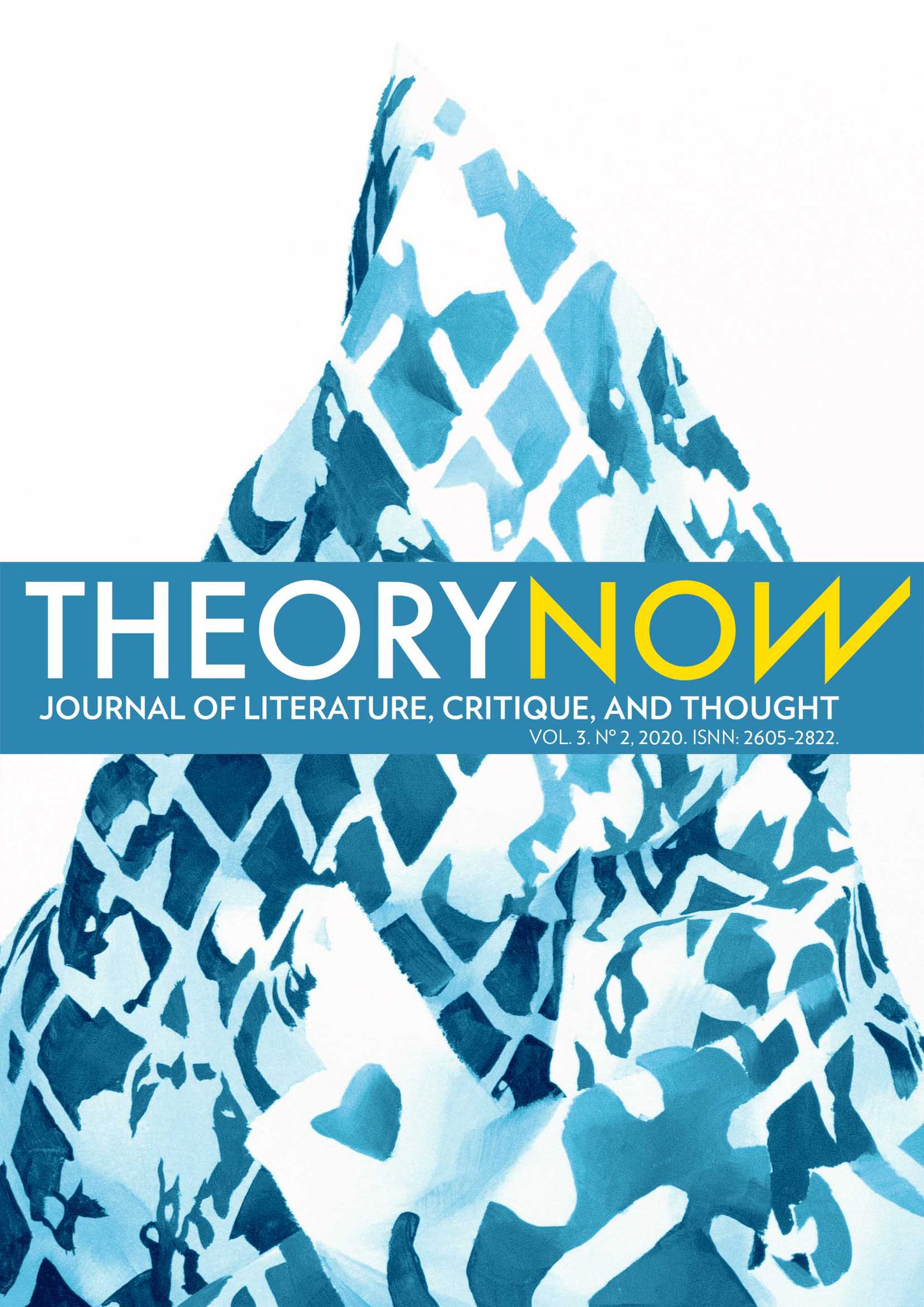The Transnational Literary Field Between (Inter)-Nationalism and Cosmopolitanism
DOI:
https://doi.org/10.30827/tn.v5i1.22853Abstract
Various external and internal factors shape and condition the literary field: education, the book market, the nation state, political movements, international organizations (like UNESCO), and specific authorities such as prizes. These factors are examined in this article at different spatial scales: “international,” “transnational,” “global,” “world,” “cosmopolitan,” which are defined in the first section of the article in order to identify the agents that participate in the formation and functioning of the literary field at these different levels, and thus enable us to better understand the mechanisms of scale-shifting. Three periods are then examined: the era of “inter-nationalism,” running from the end of the nineteenth century to the Second World War, the period of “developmental” policy, during which the borders of the transnational literary field were extended beyond the Western world, and the era of “globalization.”
Downloads
Downloads
Published
How to Cite
Issue
Section
License
Theory Now. Journal of Literature, Critique, and Thought is an immediate open-access publication which is available at no cost for readers and authors alike. Authors are not charged any kind of fee for the editorial processing of their articles. Reading, downloading, copying, distributing, printing, searching, linking or reusing all published articles for non-commercial uses is allowed on the condition of citing the author, the journal and the editing body. All intellectual material published in this journal is protected under a Creative Commons Attribution-NonCommercial 3.0 Spain license.
Dissemination of the articles in social (Facebook, Twitter, Linkedin, etc.) and scientific networks (ResearchGate, Academia.edu, etc.), public repositories at universities and other institutions, blogs, personal or institutional websites, Google Scholar, ORCID, ResearchID, ScopusID, etc. is strongly encouraged. In all cases, the intellectual property of the articles and any possible monetary profits derived from them belong exclusively to the authors.













